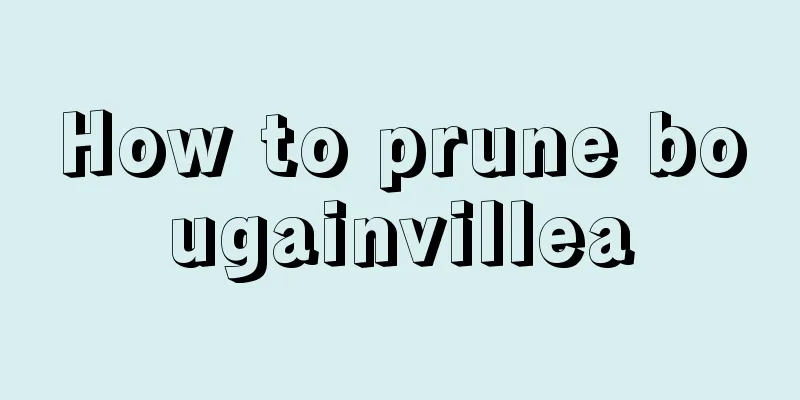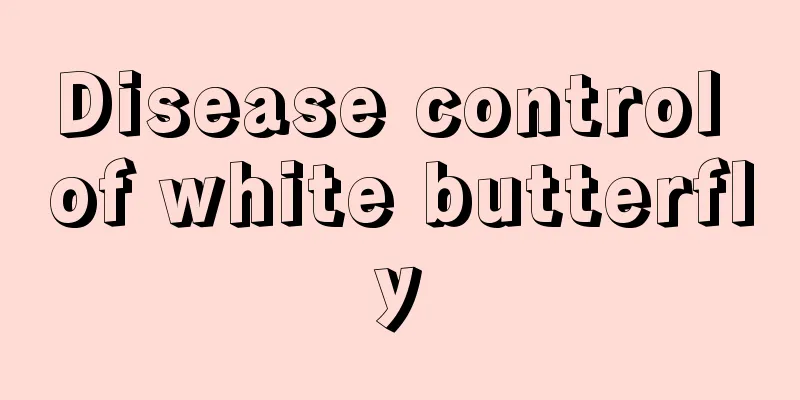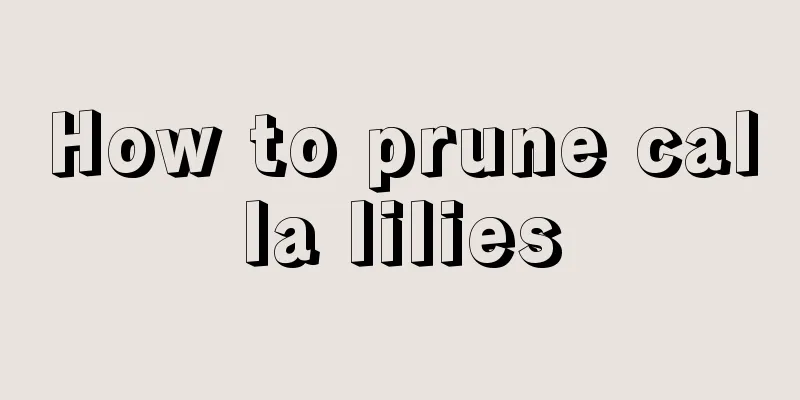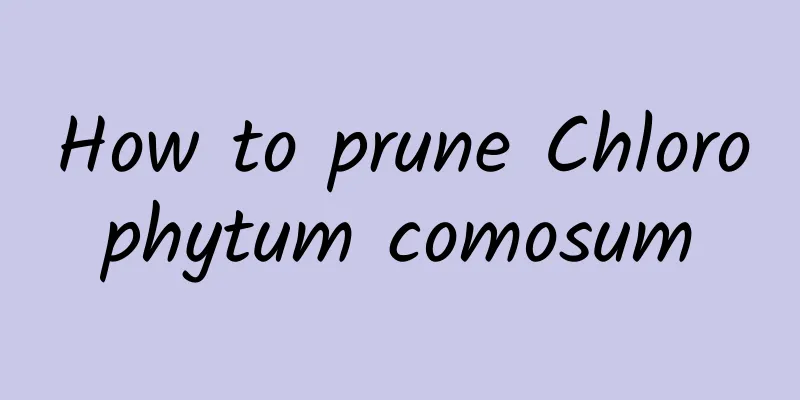Disease and Pest Control of Peony
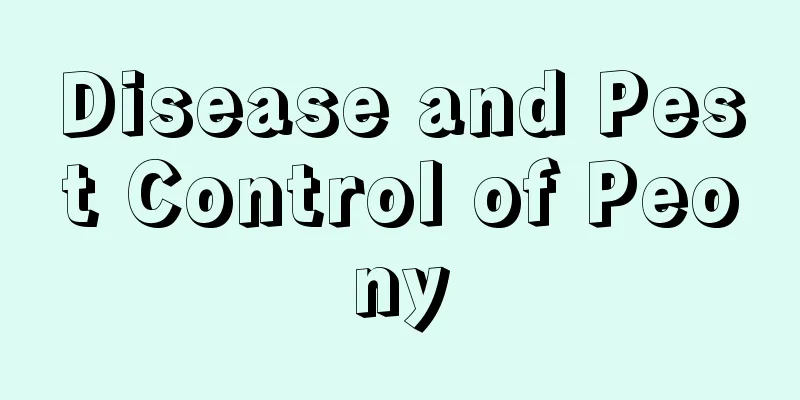
Dicentra leaf spotIn the early stages of leaf spot disease, many small dark brown spots will appear on the leaf surface, which will then gradually expand and form irregular rings, and finally black mold spots will appear. CausesWhen attacked by pathogens, local necrotic diseases will appear on the leaves. The diseases are mainly caused by fungi, bacteria and nematodes. Germs can be spread through wind, rain and air currents. The infection continues throughout the growing season. Leaf spot occurs in climatic conditions with heavy rainfall, high precipitation, and moderate temperatures. Prevention and treatment methodsReasonable fertilization and watering, ventilation and light transmission, improve the disease resistance of plants; Spray 0.5% to 1% Bordeaux mixture for prevention before the disease occurs; Remove diseased leaves promptly at the early stage of the disease and destroy them in batches to reduce the source of infection; then spray 65% mancozeb wettable powder 600 times diluted, once every 10 to 15 days, and repeat 3 to 4 times; During the disease period, spray 500-800 times diluted 80% Mancozeb and 1000 times diluted 70% Thiophanate-methyl wettable powder for prevention and control. Dicentra scale insectDirect spraying of scale insects with chemicals is not effective. It sucks the sap of plants crazily, causing flowers and trees to wither and become damaged; the affected plants will experience poor growth and gradually turn yellow. The excrement of this insect often causes sooty mold disease, which can turn leaves and branches black. CausesThe disease is caused by poor ventilation, weak light and improper fertilization. PrecautionsStrengthen plant lighting, maintain ventilation, place in an appropriate position, increase water and fertilizer management, and pay attention to frequent pruning for prevention. Prevention and treatment methodsThe main approach is to utilize natural enemies, supplemented by medicines. There are many natural enemies of scale insects, the most common ones include the big red ladybug, Australian ladybug, small red ladybug and red-ringed ladybug. They can kill scale insects in large numbers. It is most appropriate to use medicine in winter and spring when there are more nymphs. Use 1000-1500 times diluted 50% cypermethrin emulsifiable concentrate or 1000-1500 times diluted 40% oxydemeton-methyl emulsifiable concentrate for spraying for control; during the dormant period of scale insects in winter, use 1% lime sulfur mixture of Baume for spraying for control. |
<<: Common diseases and pests of Bougainvillea and their control methods
>>: Common diseases of lucky bamboo and their prevention and treatment methods
Recommend
Cultivation methods and precautions of iron crabapple
The iron crabapple is very easy to grow. The most...
Can Chinese evergreen be propagated by cuttings in winter?
1. Can cuttings be taken in winter? Under normal ...
Can Begonia be grown in the bedroom?
1. Can it be placed in the bedroom? The answer is...
Is crabapple a flower or a tree? How many varieties of crabapple tree flowers are there?
1. Is it a flower or a tree? Crabapple is a tree....
How does the copper green unicorn bloom?
1. Good lighting The copper green unicorn loves s...
Tips for Home Flower Cultivation
1. Watering correctly It is very important to wat...
Nasturtium care and pruning methods
Nasturtium, popular for its climbing growth chara...
What should I do if Isuzu jade grows too long?
What does Isuzu Jade's leg growth look like? ...
When is millet ready for harvest?
Millet, also known as millet, is one of the oldes...
When and how to repot gardenia
Gardenia repotting time It is recommended to repo...
How to deal with the fortune tree after buying it, what kind of water can be used for watering, and how to keep it alive
1. How to deal with it when you just bought it Wh...
When and how to plant edamame
Edamame planting time 1. Different varieties of e...
The fastest way to root golden marble cuttings
Golden marble cutting time The time for cuttings ...
Is blue snow flower easy to raise?
The blue snow flower plant is very easy to grow. ...
What fertilizer is good for taro topdressing?
Time for topdressing taro The amount and frequenc...

